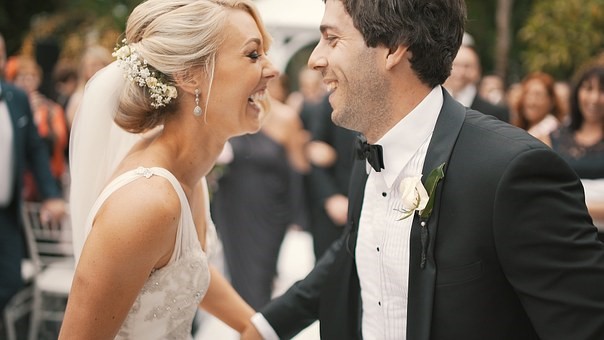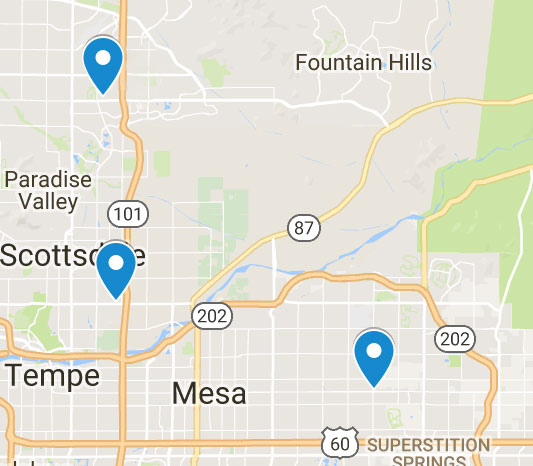
So, you’re ready to say “I do” … congratulations! Marrying your best friend could be one of the most exciting events of your life, ranking right up there with graduation, having your first baby, or buying a new home. It also means you’re in for some planning and preparation to make your big day extra special. That includes helping your guests enjoy the event too, especially those with hearing loss or other hearing impairment. Here’s how to host a hearing friendly wedding!
Preparing for different types of wedding guests
Unless you’re eloping or getting married in some far-off place away from family and friends, you’re likely to have quite a variety of people on your guest list – young children, elderly individuals, nursing mothers, and people with food allergies, just to name a few. Your list may include one or more guests who are deaf or hard of hearing. Planning ahead for all of these types of people will help ease your mind on the day of the wedding and make it more enjoyable for your guests. Here are two things you can do to prepare:
- Make a list and check it twice – This might feel like a no-brainer but making a list and even categorizing guests by what they might need could help you identify areas that need to be addressed before the invitations are even sent out.
- Ask questions – If you aren’t intimately familiar with all of your guests, try to find out what unique needs they might have. Don’t be afraid to ask questions! The RSVP card with your wedding invitation could include a list for guests to check off special considerations they have, and a space for adding something you haven’t thought of.
5 tips to help your hearing impaired guests
Once you know the needs of your confirmed guests, there are some simple things you can do if your list includes deaf individuals, those who are hard of hearing, and people with hearing aids. Here are 5 tips to get you started:
- Pre-planned seating arrangements – If possible, seat your hearing impaired guests as close to the front as possible during the wedding ceremony. For the reception, a circular seating arrangement works best for guests to be able to see and hear each other during conversation.
- Volume control – This includes using microphones and speakers during the ceremony so all guests can hear the vows, keeping the reception music at a reasonable level in order to prevent auditory overload, and using a microphone during photography sessions or the reception to clearly be able to explain what’s happening next.
- Quiet spaces – Too much noise can be very confusing for individuals with hearing aids. Since you probably won’t be able to control every aspect of the noise at your wedding, providing a designated quiet area can enable your hearing impaired guests to more easily have a conversation without all the background noise.
- Printed programs – A printed schedule of activities, copy of the vows, and/or speeches makes it easy for everyone to follow along and know what’s next.
- Labeled slides shows or videos – If you plan to include a video or photo presentation at the reception, adding captions to it can go a long way in helping all of your guests understand its meaning, especially if they can’t hear well.
The bottom line is that you probably won’t be able to meet every need of every guest at your wedding. But, planning ahead and doing what you can do will show how much you care and help everyone enter in to your special day!

